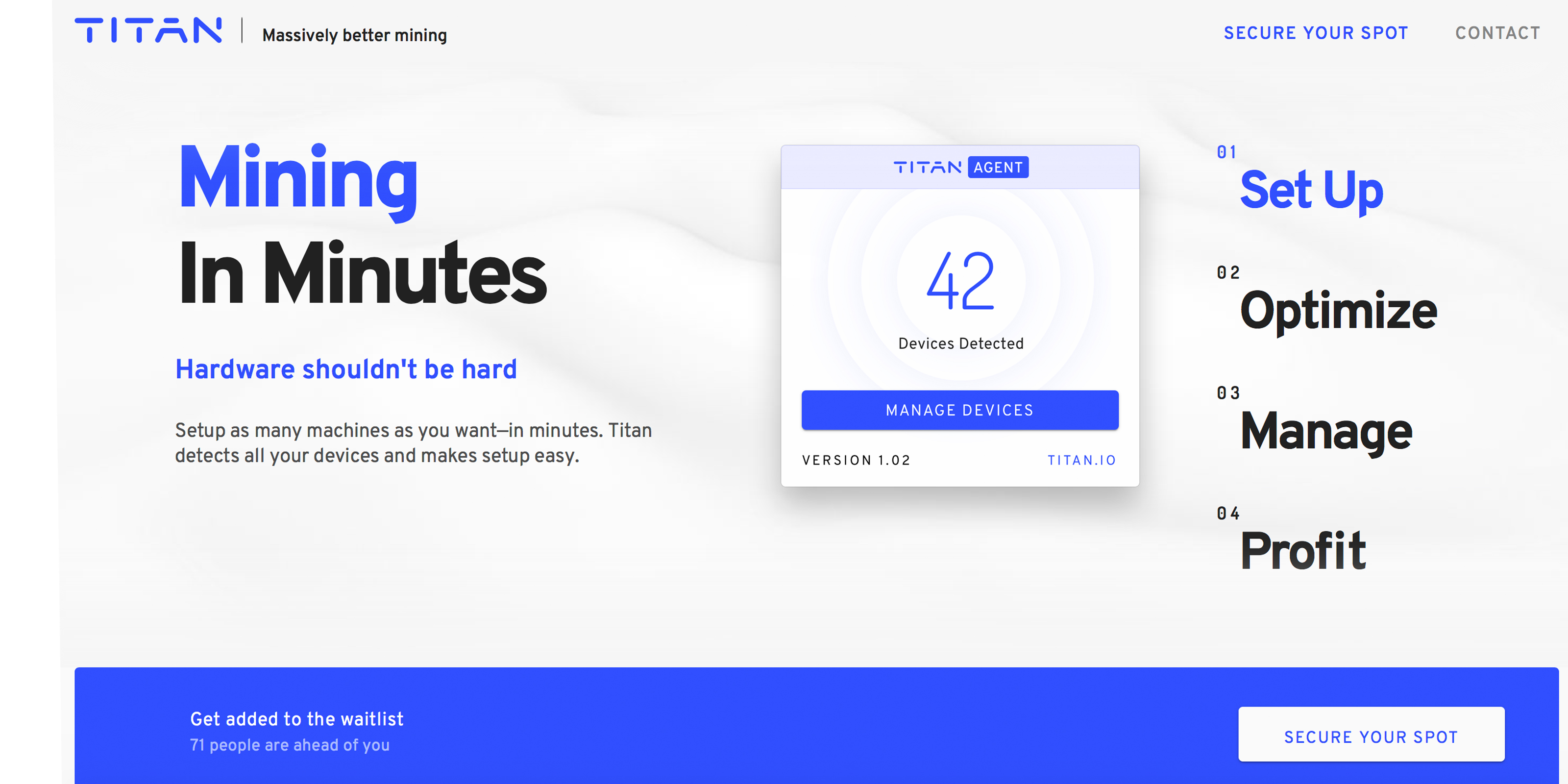//
Curve, the London fintech that lets you consolidate all of your bank cards into a single Curve card and app to make it easier to manage your spending, has added support for Amex cards.
In effect the feature is being re-instated, having existing fleetingly when Curve was in testing back in 2016 before being unceremoniously blocked by American Express. The two companies appear to have finally settled their differences, which is undoubtedly good news for Curve customers who also have a U.K. Amex card.
Technically in Beta, the new Amex feature lets Curve customers add their Amex cards to Curve and spend with Amex anywhere the Curve Mastercard is accepted. This, says the fintech startup, solves the annoyance Amex card members face with some retailers not accepting Amex cards due to the card’s higher fees.
Presumably, Curve is happy to swallow these fees to better serve its customers, although we don’t know the specific commercial terms of any commercial agreement, if indeed there is one.
In further good news, Curve says that Amex card members will continue to earn American Express Membership Rewards points when they spend with their Curve card linked to Amex and will simultaneously earn Curve Rewards points, too. Curve itself offers rewards at 50 major brands, including Amazon, Uber, Tesco, Sainsbury’s, Waitrose, Ocado, Selfridges, BP and more.
This should mean that Curve customers who switch the Curve app to charge their Amex card under the hood will receive twice the rewards. Once from Curve and once from Amex per qualifying transaction.
Curve says it has been trialling Amex compatibility with its platform in closed Beta since November. During Beta testing, at least 500 Curve users spent more than £1 million on their Amex cards by paying with Curve, apparently.
Adds Curve founder and CEO, Shachar Bialick, in a telling statement: “Ensuring Amex compatibility with Curve was one of our priorities and most asked for features by our customers. However, bringing Amex back to Curve was not an easy feat. There were challenges around brand and commercials, some of which still exists”.
In a brief call, Bialick paid tribute to his team for getting Amex support across the line and to the “progressive regulatory and competitive landscape” in Europe and the U.K., which he says is fostering competition in the payments and financial space and enabled Curve to bring Amex into its platform. “We hope Amex will continue to support the interest of their customers,” adds the Curve founder.
In other words, this is likely evidence of a startup pushing up against the boundaries of Open Banking and PSD2 to innovate on behalf of customers and finding that the regulation holds water. Hopefully we’ll see more innovation to come in the months and years ahead as other fintech startups do the same.
from Startups – TechCrunch https://tcrn.ch/2SdBRcy


















